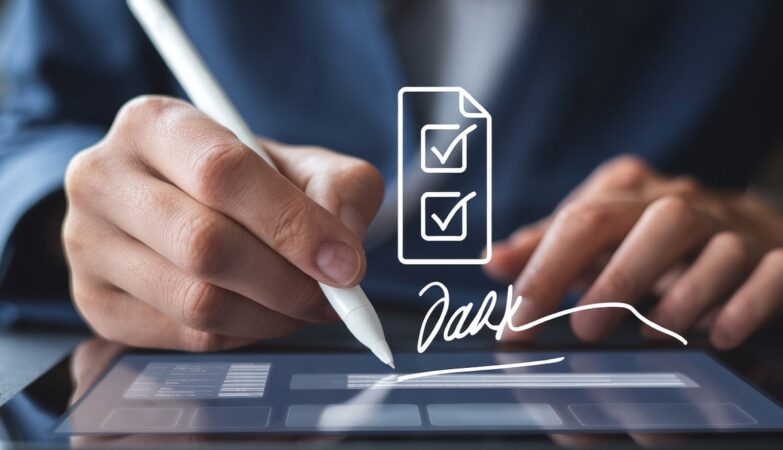Top MMORPG In Mobile Platforms: Beginner Players Should Know
The fun of playing video games is better and more upgraded. If playing these video games was a problem before due to device compatibility, it has been resolved now. More games are compatible with various devices, such as mobile phones and tablets. Not to mention high-end PCs and laptops because video games are playable and designed for these devices.
Since more people own mobile phones, more video games become compatible with smartphones. MMORPG Reviews about the list of top video games playable on mobile platforms.
4Story
4Story lets players play in 3 kingdoms of Iveria:
- DeFugel
- Craxion
- Broa
The Goddess of creation, Rea, the three kingdoms managed to bring war to each other to force their truths upon the other. In this rage, a “player” (hero) is born destined to find the real truth buried in hundreds of thousands of years of war and chaos.

The features of 4Story are:
- Territory wars. A territory war is broken between the two rival kingdoms. You will fight in these ways defending your kingdom and controlling the territory. The kingdom’s players can access more adventure locations and opportunities to find treasures.
- Enormous quests. 4Story has a grand main quest line with myriad sub and hidden quests.
- Hidden secrets. Each quest contains clues to find a hidden secret quest, adventurous for heroes taking the challenge of finding them.
- Legendary weapons. Weapons in 4Story are graded:
- F
- SSS
These weapons are leveled to your character and can be upgraded at the maximum level of 24. The legendary options for these weapons are transferred to the other.
- Real-Time Strategic Command System. 4 Story lets players command up to 48 others using a unique R.S.T.S. system. Using the minimap, the commander monitors the real-time battle and issues orders.
AdventureQuest 3D
Adventure Quest 3D is a multiplayer fantasy RPG. Players can play characters on the same server with friends using smartphones. The game is a cross-platform where players can play from different devices on the same server.
- Real-time combat. Players click to swing.
- Multi-class system. You can switch classes, such as:
- Warrior
- Mage
- Rogue
- Paladin
- Necromancer
- Many more roles
You can tank them up to the maximum level.
- Crafting. It is a necessity in the game, though it may sound funny.
- Teleport to friends/summon. Play with friends.
- Sidekick friends. The game is developed for playing with friends.
- PvP Arena. Player versus player in one arena.
- Evolving world and storyline. There are regular crazy updates with:
- New places
- Monsters
- Loot
- Stories
Runescape

Runescape is the best MMORPG mobile-based platform with a mobile-friendly UI and rewarding boot. The game is heavily inspired by the classic CRPGs with an open-ended game design and semi-real-time fight system. Gielinor fantasy world is a sandbox. The game never follows a linear storyline.
The game boosts players to set goals and objectives. Runescape has better entry points into the MMORPGs. It shows off a genre without requiring a gaming PC.
More mobile platforms of MMORPGs are playable as it doesn’t need to be played for free to install on mobile phones. Beginners can start their MMORPG game without going to expensive internet cafes.


















